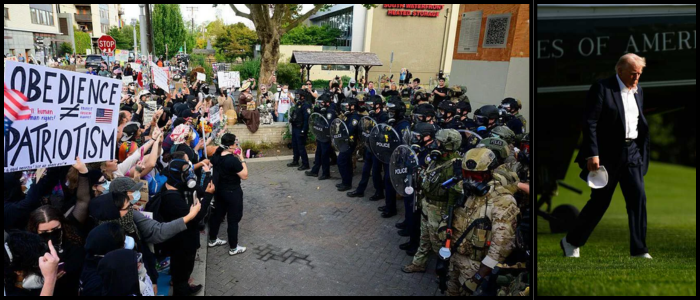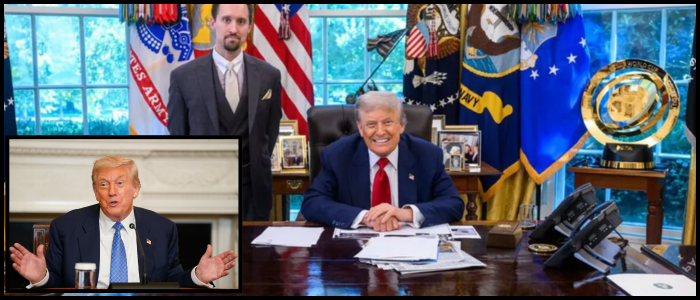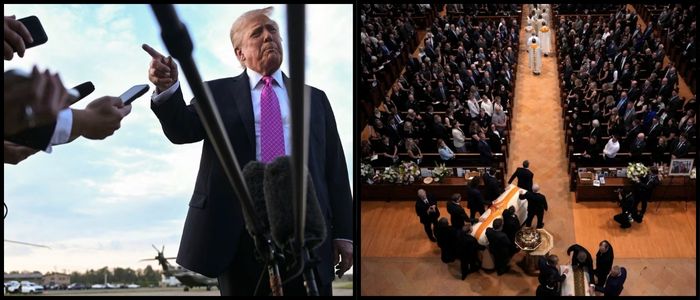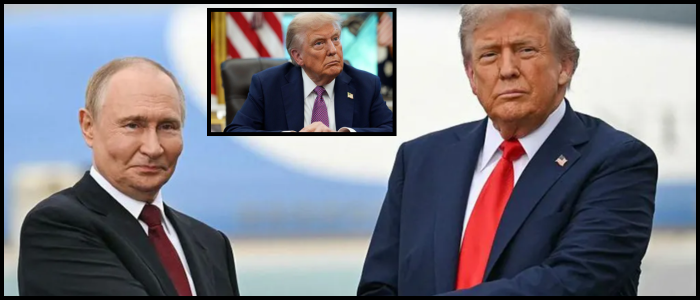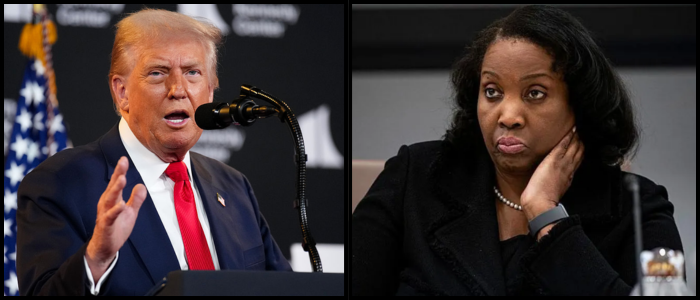Trump said he had been "very firm" with Netanyahu in asking when the war would end, and that he thought "we'll have a deal" this week. Netanyahu, speaking before boarding his plane, was sanguine: "I think this conversation with President Trump can certainly help advance this outcome, which we all hope for."
The negotiations are occurring as indirect negotiations resumed in Qatar, with the possibility still unclear as to whether longstanding disputes can be resolved in the coming talks.
Mixed Reactions from War-Weary Communities
In Gaza, Palestinians — many of whom have been living for days under fire from Israel — reacted with guarded hope. Nabil Abu Dayah, a resident made homeless who now lives in Gaza City, said, "I do not want a truce, I want a complete end to all wars. We just got too tired of displacement, we got too tired of thirst, of hunger, from living in tents."
Large demonstrations took place in Israel over the weekend to demand that the government secure the release of about 50 hostages being held in Gaza. Some of their relatives expressed their frustration that the framework being considered might not result in the release of all captives.
Speaking before a crowd in Jerusalem, Ilay David, whose younger brother Evyatar was spotted in distress during a previous hostage release. "This is about saving lives," he said. "This is the time to sign a comprehensive agreement that would lead to the release of all hostages, every single one of them, without exception."
Political change may pressure peace push
It will be the third trip to the White House by Netanyahu since Trump has been out of state, following a return visit nearly two months ago, following American involvement in Israeli attacks on Iranian nuclear installations, and a subsequent US-brokered truce between Israel and Iran.
And that short 12-day war and its aftermath seem to have transformed the regional landscape. Netanyahu's popularity has slipped, but he has won new domestic support with the Iran offensive. Analysts point to the fact that this may get him the political clout to force through a ceasefire, despite any opposition he may face from hardline members of the coalition, who want Israel to maintain control over Gaza.
Meanwhile, Hamas may be under pressure now that one of its major backers, Iran, was weakened following attacks by both Israel and the United States. That reversal of expectations could encourage the group's members to accept the compromises that any final deal would inevitably entail.
President Trump also has an incentive for solving the conflict in Gaza as he is turning his attention to other regional objectives in the Middle East, such as bringing back to life border talks between Israel and Syria, normalising Israel's relationship with Saudi Arabia, and rebooting discussions on a new Iran nuclear deal.
Politics
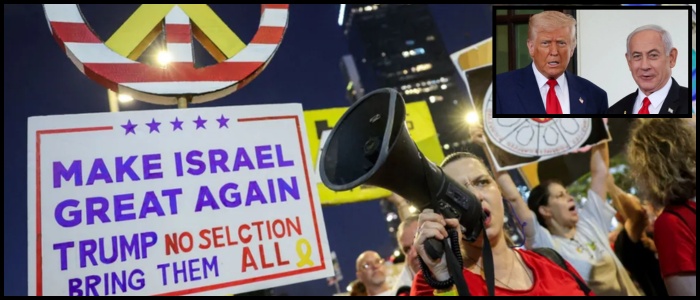
Netanyahu, Trump Push for Gaza Ceasefire Deal

Israeli Prime Minister Benjamin Netanyahu is in Washington to meet with US President Donald Trump as optimism increases about a potential new ceasefire in the Gaza conflict. His visit coincides with a renewed round of indirect negotiations between Israel and Hamas over a US-brokered proposal for a 60-day truce and prisoner exchange deal.











